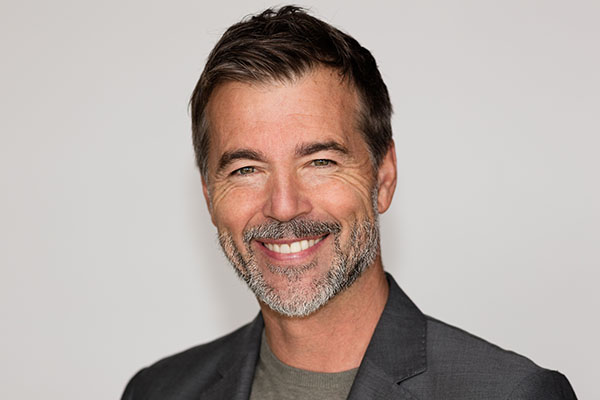 General dentistry helps prevent, diagnose, and treat a wide range of dental issues, like tooth decay and gum disease. General dentists are the most common types of dentists, and they spend most of their time performing preventative treatments.
General dentistry helps prevent, diagnose, and treat a wide range of dental issues, like tooth decay and gum disease. General dentists are the most common types of dentists, and they spend most of their time performing preventative treatments.
Our general dentist answers frequently asked questions about general dentistry
Many patients have oral health questions for general dentists. Here are the answers to the most frequently asked ones:
1. How often should I brush my teeth?
A general dentistry rule is to brush the teeth at least two times per day. This limits how long acids made by oral bacteria get to attack teeth surfaces. It also slows down tartar accumulation on teeth.
The most important time that a person can brush their teeth is right before going to bed. Teeth are more vulnerable during sleep because saliva production slows down. Saliva helps protect teeth by washing away bacteria and acids in the mouth. The mouth dries up during sleep, so removing acids and bacteria that have built up on teeth during the day provides significant protection.
2. Is flossing teeth important?
Flossing is just as important as brushing. It gets rid of plaque and food particles in the tight spaces between teeth that a toothbrush cannot reach. Brushing without flossing is the equivalent of varnishing only the front and back surfaces of a piece of wood. The wood can still rot when exposed to the elements if its sides are not also painted.
3. Why does my dentist recommend coming in for teeth cleanings?
The American Dental Association set that standard. Plaque is a sticky film that contains bacteria and the acids that they contain. Germs create the acids from food particles left in the mouth after meals. Plaque calcifies into tartar when left on teeth for over a day.
Tartar cannot be removed by brushing and flossing, so regular teeth cleanings are needed to remove tartar deposits. Tartar also contains bacteria and the acids that they make. It promotes tooth decay and gum disease.
4. Can tooth decay be reversed?
The first stage of tooth decay is its de-mineralization stage, and it can be reversed with fluoride treatments. However, the decay can no longer be reversed once cavities begin to form. A dentist can slow down the decay by closing up cavities, though. Untreated tooth decay can lead to the total loss of teeth.
5. Do I need to fix my chipped tooth?
A chipped tooth requires dental care regardless of how minor it might seem. The outer layer of teeth is called the enamel, and it protects the more delicate inner layers. It is the strongest part of the body, and it is often damaged when a tooth is chipped. Enamel being compromised leaves the rest of the tooth vulnerable to tooth decay.
Get dental care
Our general dentist can help diagnose and treat any dental issue that you are dealing with. Give us a call or visit our East Point clinic to set up an appointment with our dentist.
Request an appointment or call J.D. Murray DDS & Associates at 404-410-2526 for an appointment in our East Point office.
Recent Posts
General dentistry focuses on preventative treatments, but it includes using dental cosmetics like veneers to restore or enhance the appearance of teeth. A veneer is a tooth-shaped restoration that is cemented to the front part of a tooth. It covers up any imperfections, damages, or deformities on that part of the tooth. Veneers started out…
General dentistry allows people to seek dental treatments from someone who knows them well. It is important to give an accurate diagnosis. This is possible with the use of dental X-rays. If you want to know if dental X-rays are advisable in general dentistry, here are the details.Decades ago, a dental X-ray was a long…
In general dentistry, it is important to maintain good oral health at home. Part of this practice is to make sure you choose teeth-friendly drinks. These drinks can quench your thirst and keep your teeth cavity-free as well. If you want to know what teeth-friendly drinks you should get, here are the details.Several varieties of…


